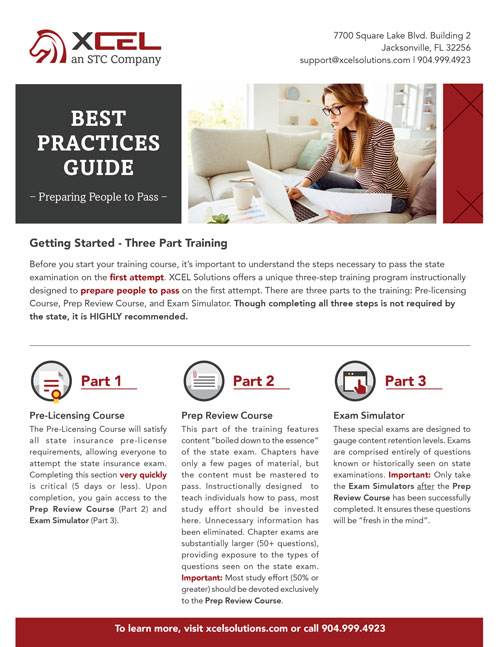Have you ever sold something? Lemonade when you were a kid? An old comic book collection over the internet? Even credit card insurance over the phone? While that’s great, none of these selling techniques are going to work when it comes time to selling insurance.
Why?
Because, insurance is a unique beast and, as a result, requires unique tactics.
Whether you are new to the world of selling insurance, or have been in it for decades, a few fresh ideas and new methods may prove to be beneficial. Keep reading to learn about effective selling techniques (and tricks of the trades) to help you be more successful when selling insurance.
Dress for Success
In the insurance world, your appearance means a lot. When you dress professionally, clients are going to take you more seriously. This isn’t a new concept.
However, if you make sure you are the sharpest dressed person in your entire office, then your coworkers and even your boss are going to take you more seriously. Even more important – you will take yourself more seriously.
In many situations, your confidence that you “can and will” sell insurance comes from the outside in. If you take the time to make sure you look the part of a successful insurance salesperson, then everyone – including yourself – will begin to believe it.
Avoid Using Slang
While this is something that should be obvious, it is included here because of how imperative this is. You need to always use proper vocabulary. This means avoiding slang at all costs. Never talk to someone you are trying to sell insurance to like you would in a text to your friend.
When you are trying to build your career as an insurance professional, you have to use the terms and words that will help to build and maintain trust among your target audience.
Find Common Ground with Your Customers
It doesn’t matter what your prospect’s background or age may be, there is always something that you are going to have in common.
It’s your job to find out what that is.
For example, did you grow up in the same community? Do you like the same football team? Do you both put quite a bit of value on your family and friends?
The best way to figure out what you have in common with someone is by asking questions. Don’t go straight to the sell – try to find common ground first.
Listen to What Your Customers Say
If you are just getting a foothold in the insurance business, chances are you want to demonstrate how knowledgeable you are – any chance you get. However, in many situations it’s in your best interest to listen, rather than keep talking. Block out distractions and try to understand the complete message being sent before you respond. Repeat back what they say and confirm the message for clarity. Also, be sure to know the right follow-up questions to ask your customers.
Give your customers undivided attention and make sure that you know the right answer to a question they ask before you try to answer it. If you aren’t sure what the answer is, then don’t act like you do. In this situation, you should make it clear that you don’t know what the answer is, but will take note of the question, find out what the answer is and let them know as soon as you can.




